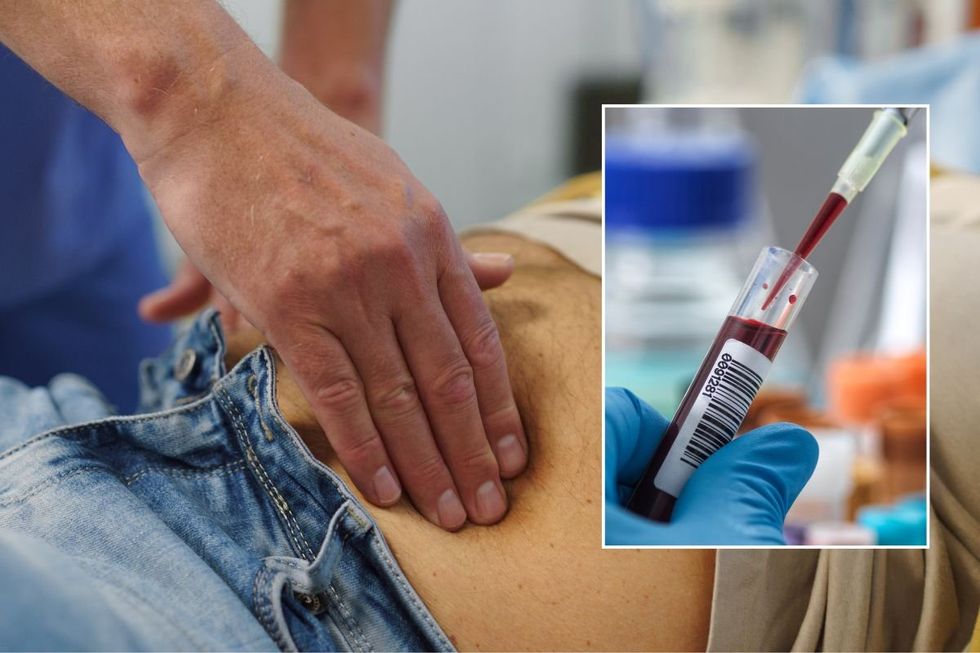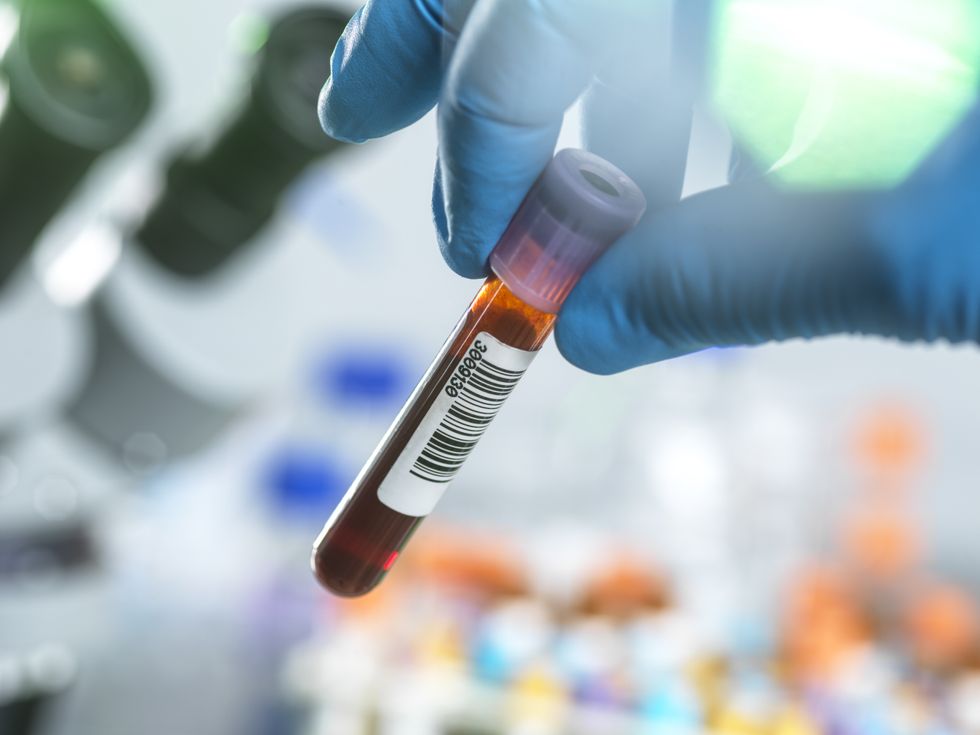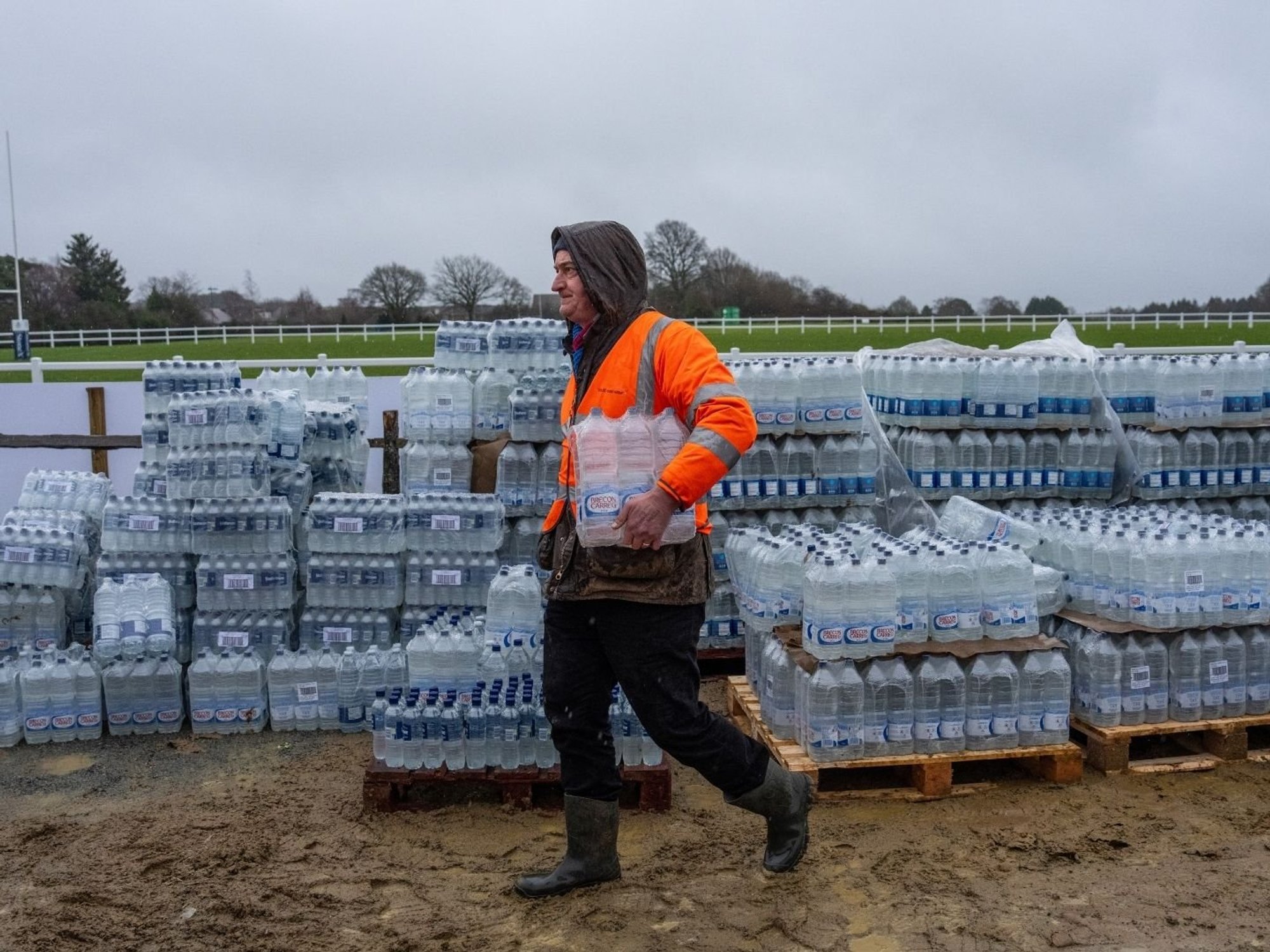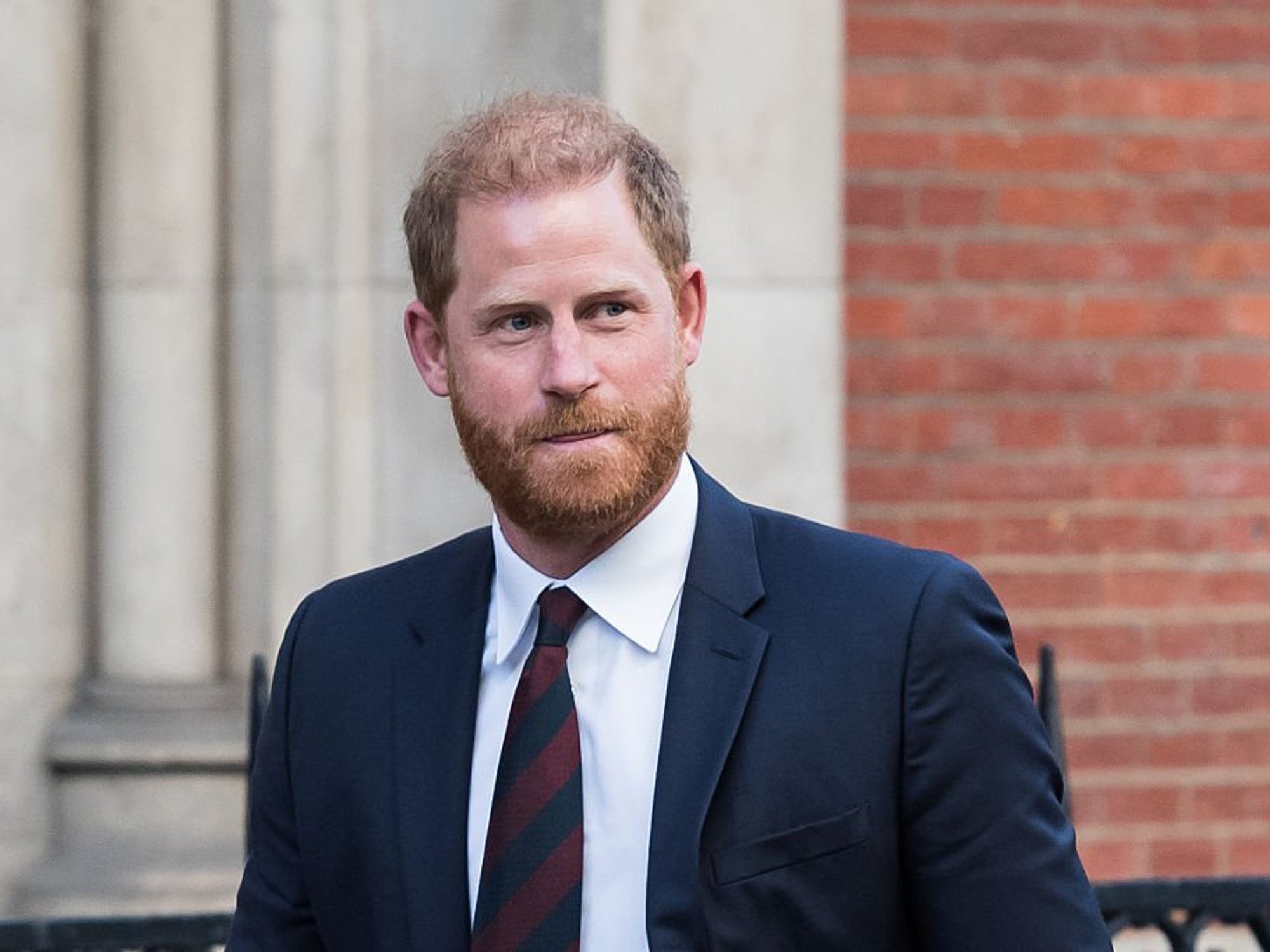Groundbreaking blood test detects 50 different types of cancer - 'Seven times as many as other screening programmes put together'

Early findings suggest this could transform cancer care
Don't Miss
Most Read
A Blood test has shown it can correctly confirm cancer in nearly two-thirds of positive cases, offering hope for earlier diagnosis across the UK.
The Galleri test, currently being trialled by the NHS, successfully identified cancer in 61.6 per cent of people whose blood showed cancer signals during a major study.
What makes this test particularly exciting is its ability to screen for more than 50 different types of cancer from a single blood sample.
It can even spot the disease before any symptoms appear, potentially catching cancers that might otherwise go undetected until they're more advanced.
TRENDING
Stories
Videos
Your Say

The test can pinpoint which organ or tissue are affected
|GETTY
The test searches for what researchers call cancer "fingerprints" in the blood, offering a completely new approach to detection.
The Pathfinder 2 trial involved more than 23,000 symptom-free participants from the US and Canada who were monitored for at least a year.
It turns out the test is brilliant at ruling out cancer too - it correctly identified when people didn't have the disease in 99.6 per cent of cases.
When cancer was present, the test pinpointed which organ or tissue was affected with 92 per cent accuracy.
This precision could save valuable time and money by avoiding unnecessary scans and additional tests.
The trial examined how Galleri might work alongside existing screening programmes for cancers like breast and bowel, showing it could complement rather than replace current methods.
Results from the trial are expected next year, but early findings suggest this could transform cancer care.
Sir Harpal Kumar from Grail revealed the test found "seven times as many cancers as the other screening programmes put together", which he believes will help "transform cancer outcomes".
The company suggests annual testing could work well for people aged 50 and above, when cancer becomes more common.
LATEST DEVELOPMENTS:
LATEST DEVELOPMENTS
Research published in BMJ Open earlier this year found that yearly blood testing for cancer could cut late-stage diagnoses by 49 per cent and reduce deaths by 21 per cent within five years.
These figures suggest the test could save thousands of lives if rolled out widely.
Not everyone's convinced the results are as promising as they first appear, however. While Professor Nitzan Rosenfeld from the Barts Cancer Institute in London called the findings "impressive", other experts have raised concerns.

The test searches for cancer 'fingerprints' in the blood
| GETTYProfessor Clare Turnbull from the Institute of Cancer Research wants to see more evidence that these tests actually reduce cancer deaths before getting too excited.
Anna Schuh, professor of molecular diagnostics at Oxford University, pointed out a significant worry - the test gives false positive results "almost half of the time".
She called this "disappointing, as it is only fractionally better compared to tossing a coin", suggesting the technology still needs improvement before widespread use.
Our Standards: The GB News Editorial Charter











